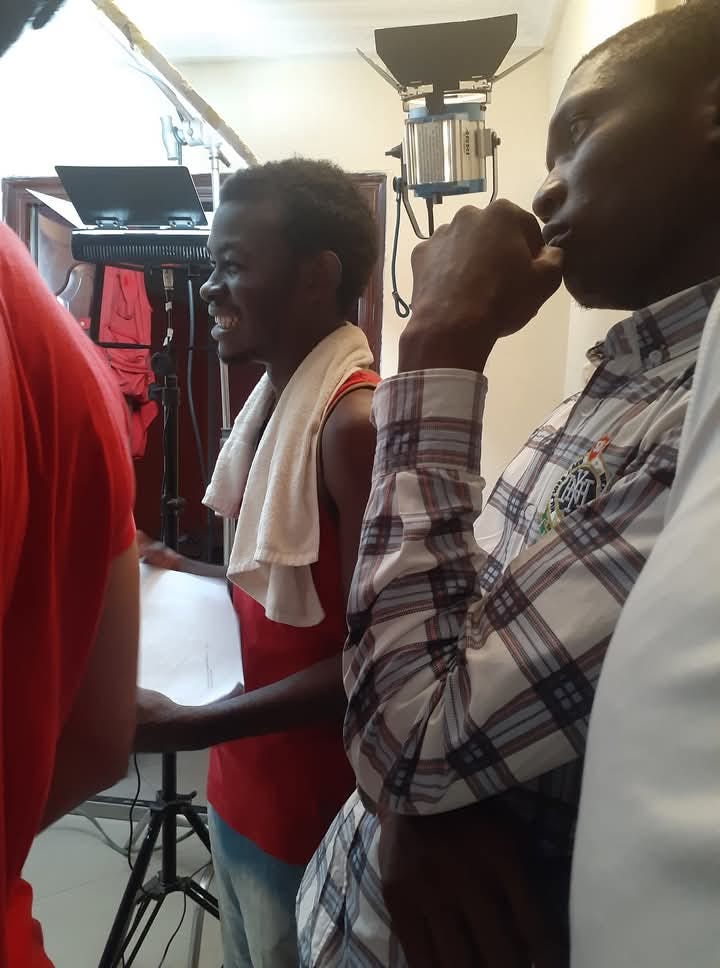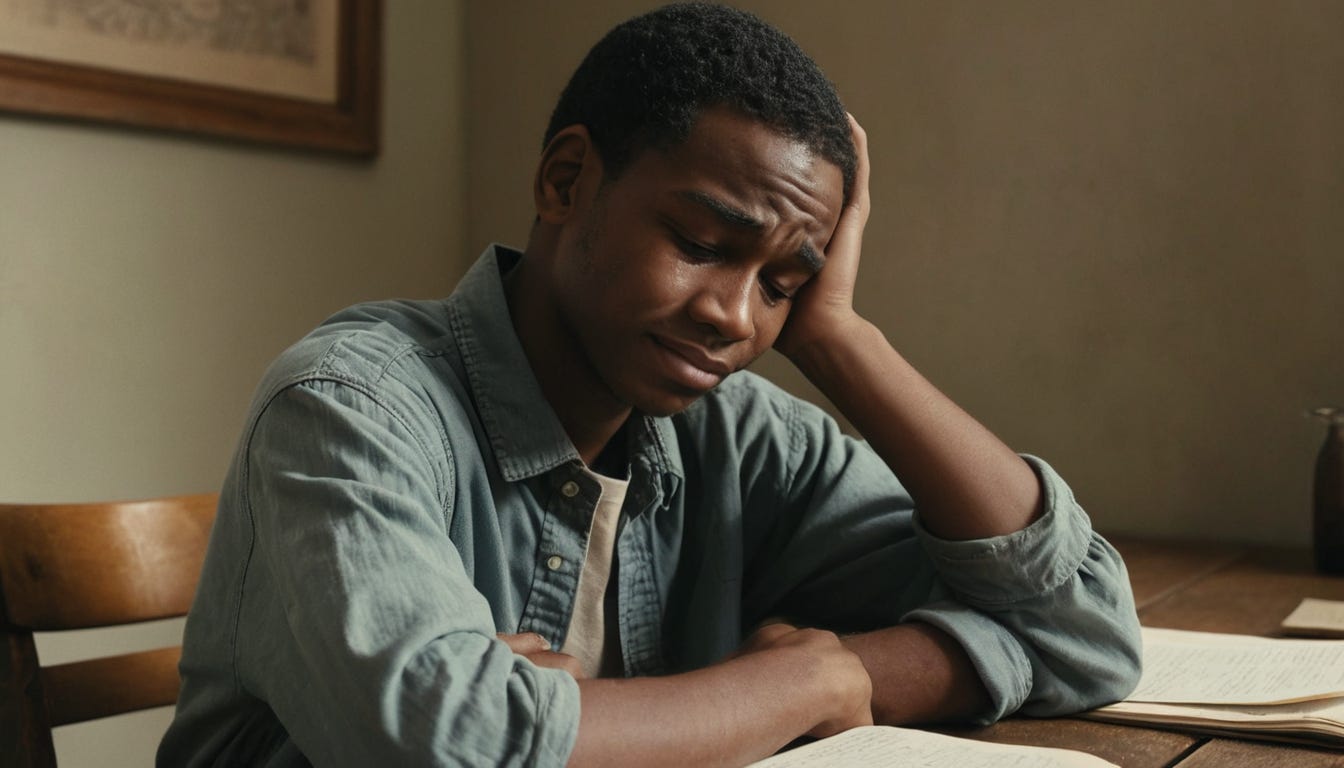Breaking New Ground: My Unexpected Journey into Investigative Journalism
Discover how I transitioned into investigative journalism and prepared for my first major assignment. A behind-the-scenes look at the journey that shaped my approach to the story.
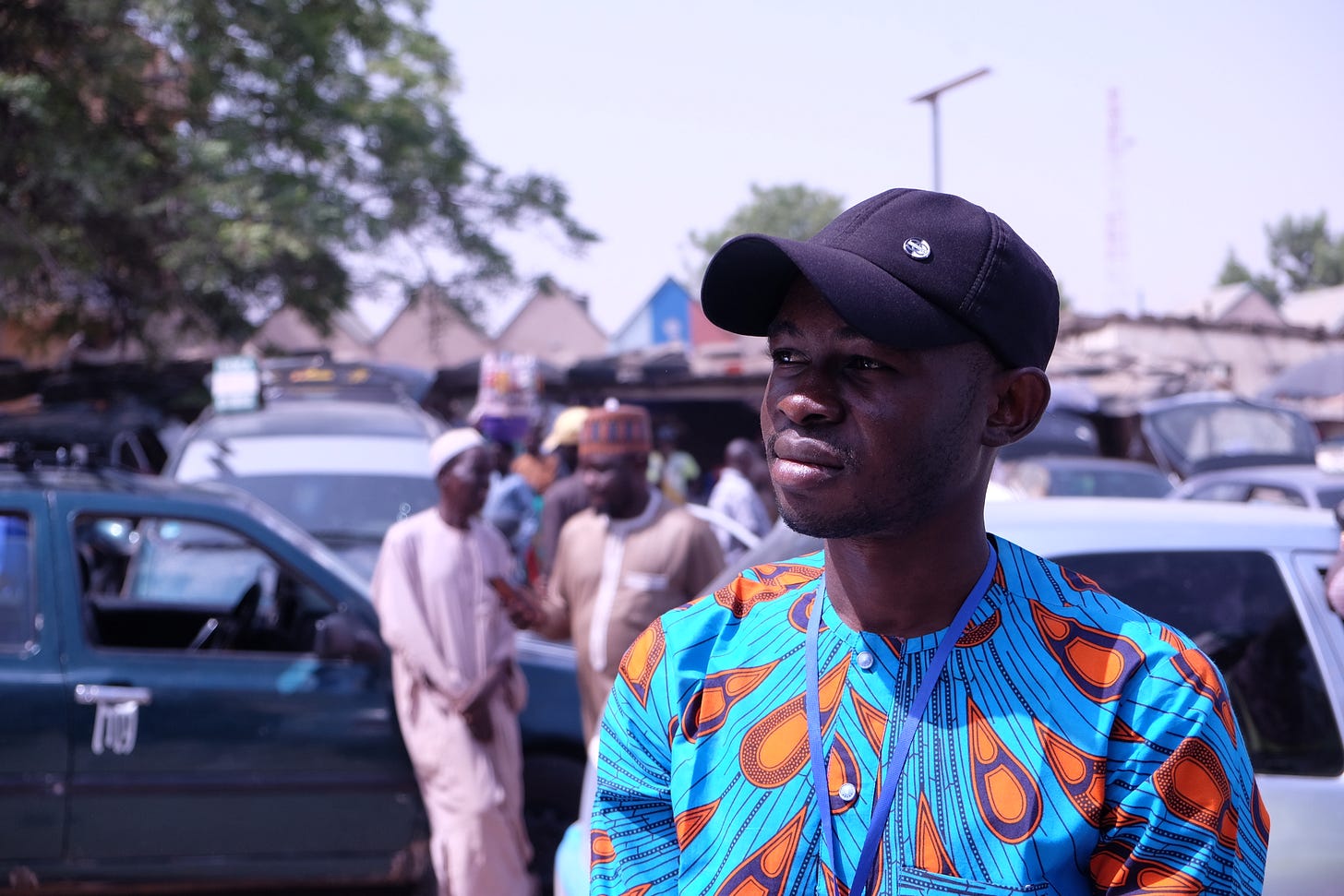
This article is the first in a three-part series where I share the behind-the-scenes journey of investigating how expired cars make their way into third-world countries, focusing specifically on a case where one such car ended up in Nigeria. Commissioned by Fabian Urech, the then African Editor at Neue Zürcher Zeitung (NZZ), this investigation was part of a broader story being developed by Mr Urech and the journalist Florian Schoop. In this first part, I take you through the pre-investigation process, including how I got involved in the story, the preparations I made, and the initial challenges that came with diving into investigative journalism. It’s a look into the intricate steps taken before the real work of tracking and uncovering the story begins.
In the upcoming parts of this series, I will delve deeper into the investigation itself, the hurdles I faced while tracking the car, and the intense efforts to reach the driver, culminating in the final production of the video content. But for now, you can explore the full story behind the investigation in the article by Urech and Schoop published by NZZ here. The story gives an in-depth look at the issue of old, expired cars finding their way to countries like Nigeria, and I’ll continue to share my personal experiences working on this investigation in the following parts of this series.
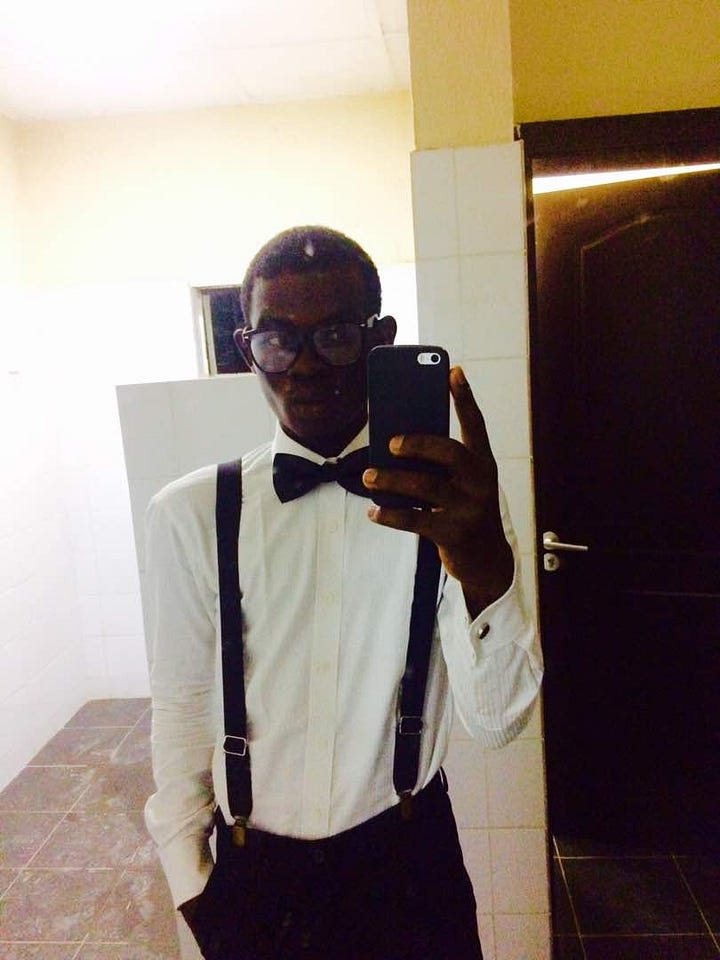
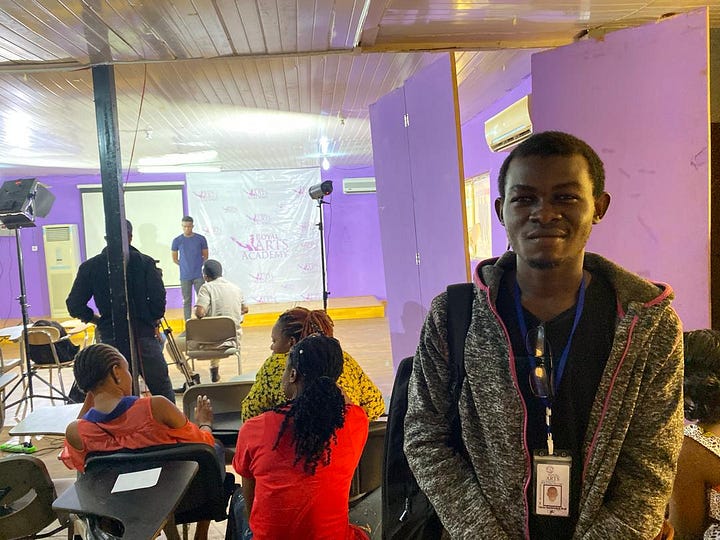
From Medicine to Media
When I reflect on how I arrived at investigative journalism, it feels like a series of unexpected turns, each one taking me further from where I thought I would end up. My first ambition was far from media. I was set on becoming a doctor. However, as life often does, it had a different plan for me. I was always drawn to broadcasting—whether it was the boldness of the reporters or the captivating ways they told stories. But it wasn’t just the journalism aspect that caught my attention. It was the whole world of media: the lights, the cameras, the unpredictability of it all.
At the time, I didn’t think journalism was for me. I could only picture the high stakes of investigative reporting as something too dangerous, too risky for a person like me. So, I pursued a different route: medicine. But after some time, it became evident that my heart wasn’t in it. After taking a step back, I left that path and enrolled in a media school, where I studied Film and Television Production.
Film and TV production gave me a different lens through which to view the world, but it still didn’t feel like enough. While my classmates and I were immersed in production processes, I realized that the world of media I was interested in went beyond the cameras and the set. There was something more to it—journalism, the stories that move people, and the investigative work that brings truth to light. But the path was unclear. With no real guidance and overwhelmed by the broad scope of media, I found myself struggling to narrow down my focus. Eventually, I decided to pursue an undergraduate program in Mass Communications from the National Open University of Nigeria (NOUN).
Journalism was an expansive discipline, and while I sought to understand it more deeply, I often found myself more confused. Each new course seemed to open a new door, each one leading me further into a maze of possibilities. That’s when I began to realize: this was my crossroads. What path would I take? How could I make a mark in a field that seemed as vast as the ocean?
The Unexpected Opportunity: A Chance Encounter
The moment I received a message from Mr. Fabian Urech, then the African editor at Neue Zürcher Zeitung (NZZ), my heart skipped a beat. He had been looking for journalists based in Adamawa State and came across my profile on LinkedIn and Twitter. To be honest, I hadn’t expected this type of opportunity to come my way, especially not from an overseas editor of such a prestigious outlet.
This wasn’t your average "Hey, want to write for us?" Instead, it was an invitation to tackle an investigative piece. My role would be to track a vehicle linked to an illegal car import and export scheme involving Switzerland, with the vehicle somehow making its way to Yola, Adamawa State. The enormity of it all hit me at once. Here I was, still a student, still finding my feet in the world of journalism, and I was being asked to work on a high-profile investigative project.

The rush of excitement that initially flooded me was soon tempered with doubt. How could I, a rookie journalist, handle such an enormous responsibility? What if I failed? What if I wasn’t cut out for this kind of work? The stakes were incredibly high, and in that moment, it felt like the weight of the task might crush me.
I thought back to my days in media school, where everything was theoretical, where we discussed things like ethics and investigative procedures in an abstract sense but had never truly put them into practice. I was about to jump into the deep end, and it was overwhelming. Was I ready? Could I deliver the kind of investigative work Mr. Urech would expect from me?
But there was no turning back. The opportunity had presented itself, and I had to take it.
Facing the Unknown: Doubts and Preparation
It’s one thing to be asked to take on an assignment and another to actually begin. I remember feeling incredibly unprepared as I started to consider the project in more detail. How could I, a student still in the thick of my studies at a distance-learning institution, manage a project this complex? With no lectures, no on-ground practicals, and just theoretical materials, I wasn’t exactly swimming in experience.
I knew I lacked some of the essential skills required for investigative journalism. My coursework in Mass Communications gave me the foundation, but there was so much more to the job. Real-life scenarios weren’t like textbook cases or exam questions—they came with their own set of challenges and no guaranteed answers.
To prepare myself, I turned to the one tool that always seemed to help me in uncertain situations: research. I dove into online resources, reading everything I could find about investigative journalism. I reached out to organizations such as the Society of Professional Journalists (SPJ) for advice, hoping to find some direction. In theory, knowledge was supposed to arm me with the tools I needed. But what I would come to realize is that no amount of research could replace experience. Experience was the best teacher.
I was also confronted by the feeling of imposter syndrome. Here I was, an aspiring journalist with no real-world experience, and yet I was being asked to take on a significant investigation. I thought about all the seasoned journalists out there who would have been better suited for the job. They had years of experience, the expertise, and the skills. How could I—just a student—be expected to hold my own?
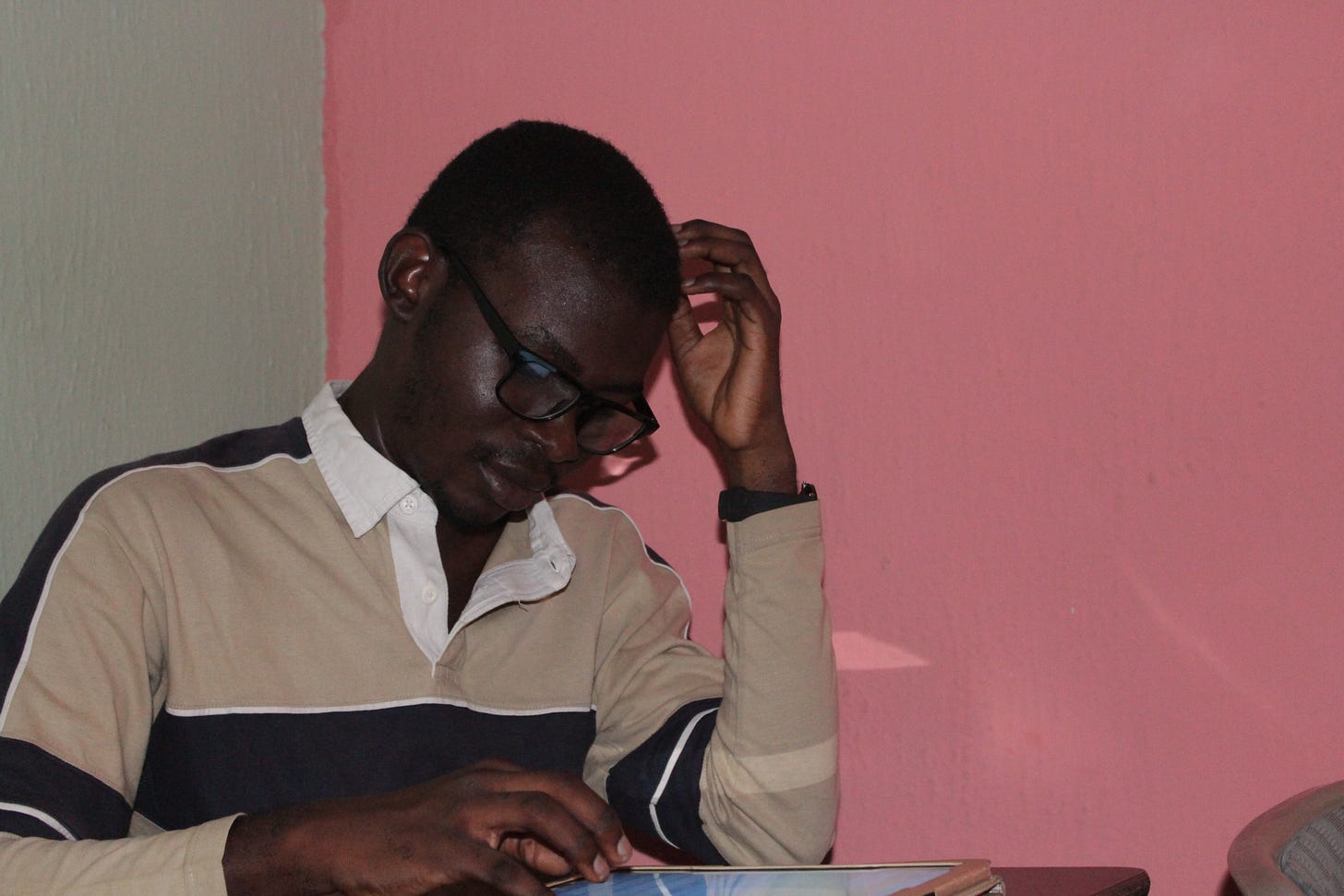
Leveraging Skills: From Film to Journalism
Despite my overwhelming feelings of doubt, I found comfort in the skills I had honed during my time in film and television production. As a filmmaker, I was accustomed to research, scriptwriting, and meticulous planning. These were transferable skills that translated seamlessly into journalism. Much like a film production, an investigation required planning, execution, and following through. I had learned how to structure a project, how to allocate resources, and how to manage time efficiently.
Moreover, my love for spy films like those featuring Daniel Craig (James Bond) and Angelina Jolie helped me embrace the challenge of tracking down leads. The thrill of the chase—finding clues, connecting the dots—felt like something out of a movie, but it was real life. This sense of adventure, combined with the practical skills I had gained from my film background, made me realize I had more than enough tools to get started.
But there was still much to do. I had to adapt quickly, develop a strategy for tracking the car, and ensure I could report on this investigation in real-time to Mr. Urech, even with the physical distance between us.
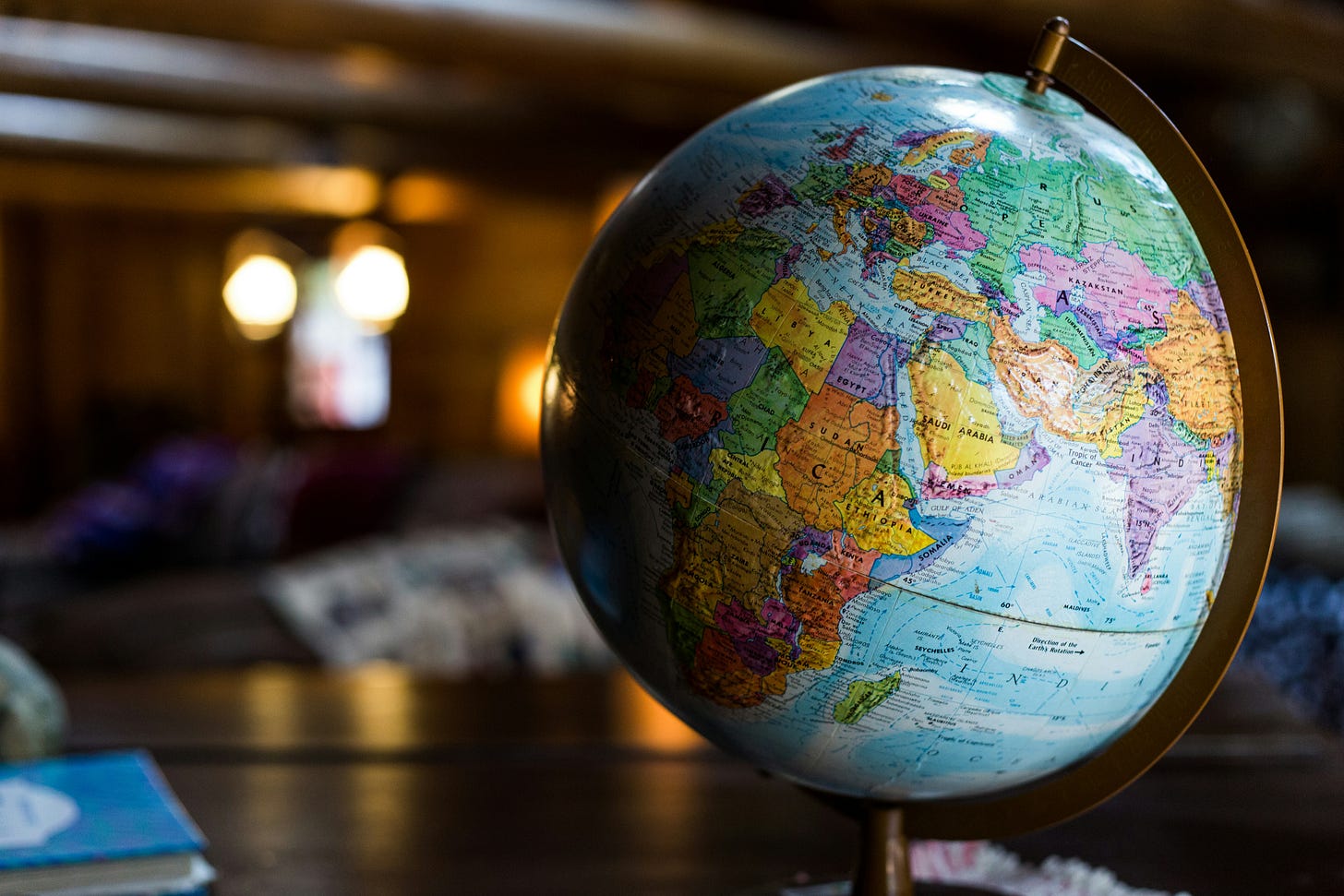
The Challenges of Remote Investigative Journalism
Working remotely, especially when trying to work on an investigate piece, presented several challenges. I found myself online for constant feedback from Mr. Urech, which proved to be difficult at times. While the time difference between Nigeria and Switzerland wasn’t drastic, it still posed issues when it came to coordinating meetings and aligning schedules. My personal affairs and the investigation often clashed with the time I needed to dedicate to the project.
Logistics were another challenge. Getting from one part of Yola to Jimeta for investigative purposes wasn’t particularly cheap or easy, and I had to juggle this with my student commitments. The transportation difficulties sometimes delayed my progress, but I kept pushing forward.
Tracking the car proved to be a much larger challenge than I initially anticipated. There were so many variables to consider—where the car could be, who could have had access to it, and what networks I could tap into for information. But despite the obstacles, I continued searching for answers. It was frustrating at times, but perseverance became a defining feature of the project.
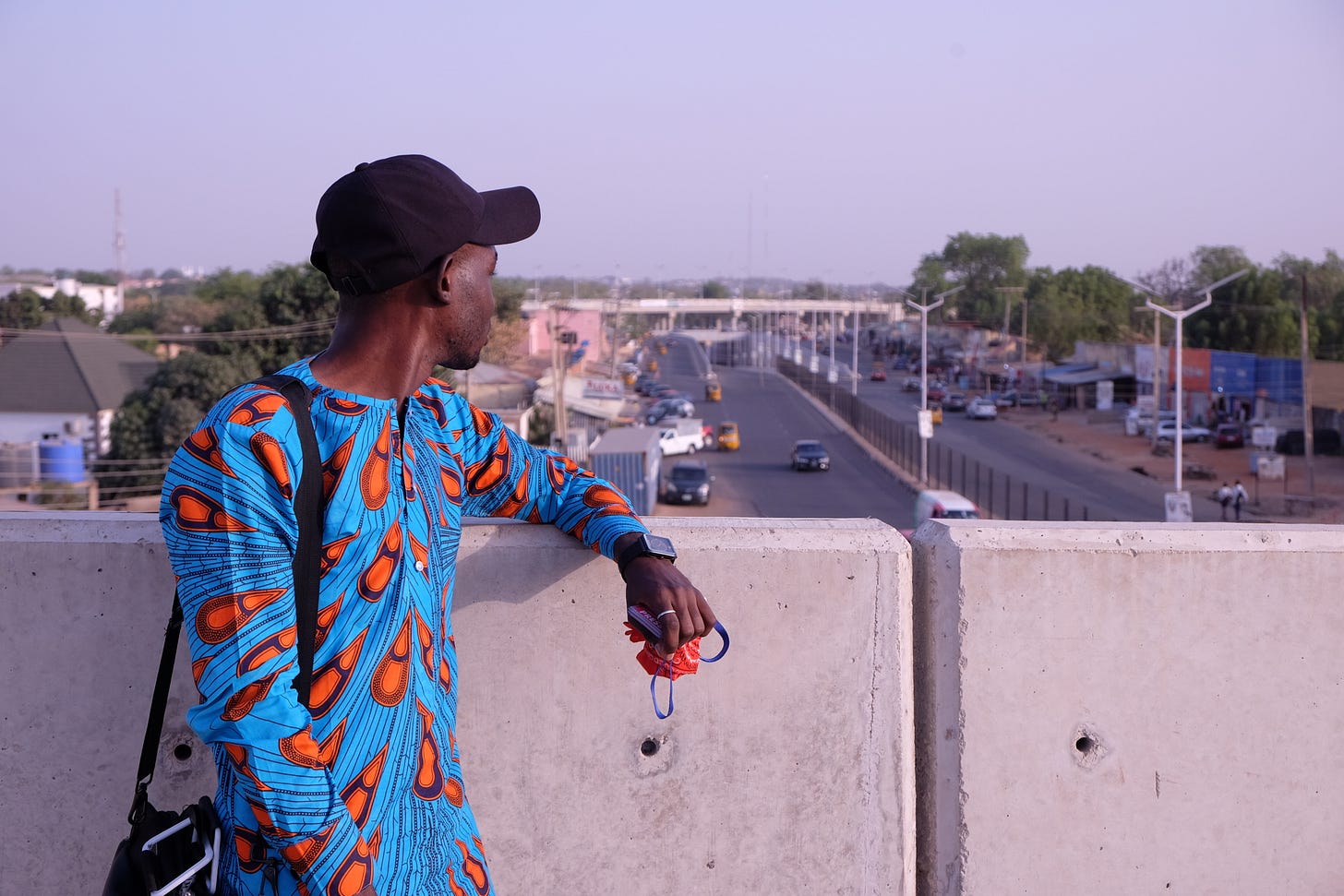
Realizing the Value of Experience
Looking back, I can confidently say that the experience changed me. It solidified my belief in the path I had chosen. Despite all the challenges and self-doubt, this project proved to me that journalism was the career I was meant for.
One of the key takeaways from this experience was the realization that no one is ever fully "ready." We often think we need to be equipped with every skill and experience before we dive into a project, but life doesn’t work that way. Opportunities come when you least expect them, and it’s up to you to take them—even if you're not completely prepared.
This project also opened my eyes to the world of remote work. While it presented its challenges, remote journalism is a powerful tool for investigative work. It allows journalists to engage with stories across borders, removing the limitations of geographic constraints. Working remotely didn’t just expand my horizons; it changed how I viewed the future of journalism.

Conclusion: The Road Ahead
After completing this project, I found myself more committed than ever to pursuing investigative journalism. I applied for several more stories within my region, focusing on environmental, cultural, and climate issues. Many of these projects didn’t pan out, but each rejection was a lesson in persistence.
As I look back on this unexpected journey into investigative journalism, I realize it was the best kind of education I could have asked for. The lessons I learned—about the value of experience, the importance of seizing opportunities, and the power of remote work—are invaluable. And while my first investigative project may be behind me, the journey is far from over.
Key Takeaways from Part One:
Opportunities come when you least expect them.
You are never fully "ready," but that shouldn’t stop you from taking the plunge.
Remote work in journalism opens up a world of possibilities, even for beginners.
In the next part of this series, "Breaking New Ground: The Art of Investigating from a Distance," I will dive deeper into the challenges and strategies of conducting investigative work remotely—lessons that were shaped by this very project.
You can find me on social media here.




